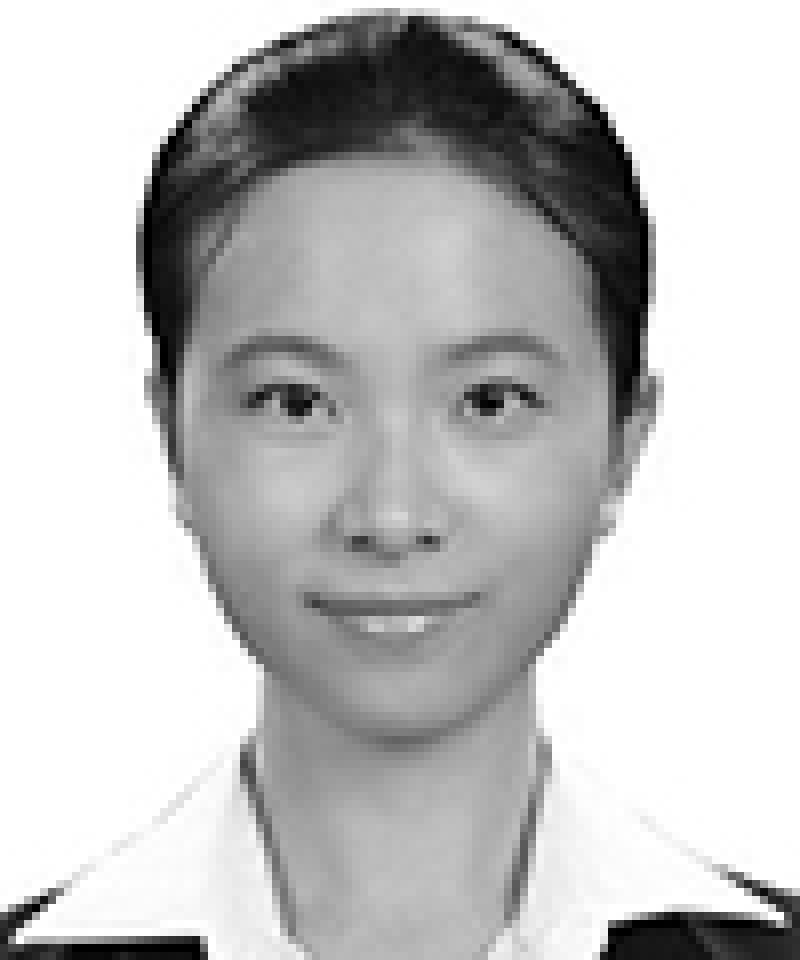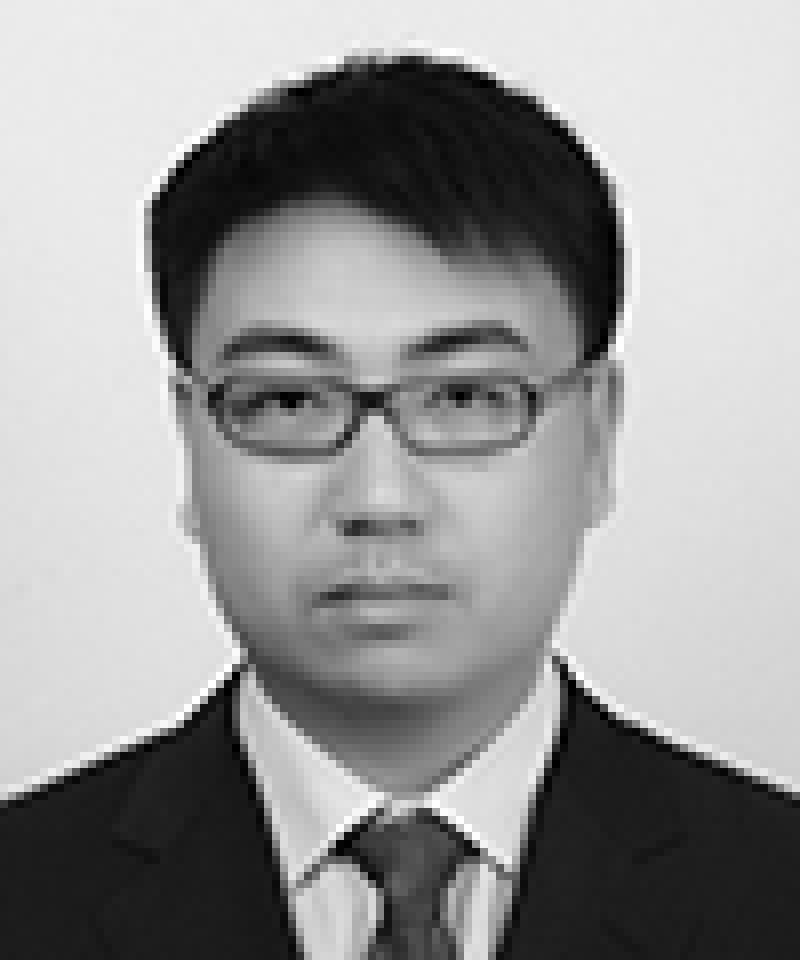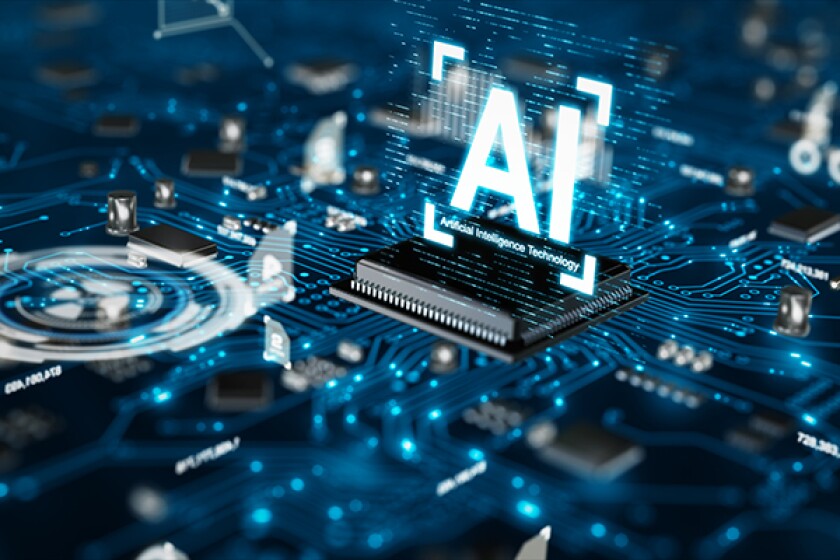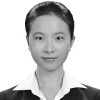With the increasing amount of applications in the field of artificial intelligence (AI), many AI-related patent applications have entered the examination stage in China.
However, an invention in the field of AI is different from a general invention in that a technical solution adopted in the invention in the field of AI keeps evolving through self-learning without creative efforts made by the person skilled in the art. Therefore, in the process of examining inventions in the field of AI, how to define 'the person in the art' in the patent law practice is an important issue in the current examination.
Definitions clarified
Definitions of the 'person skilled in the art' are different in patent practice for different countries and regions. For example, in the US, the person skilled in the art is considered to have certain creativity.
In the KSR case (KSR International Co v Teleflex Inc et al), the Supreme Court of the US clearly stated: "[A] person of ordinary skill is also a person of ordinary creativity, not an automaton". "[I]n many cases a person of ordinary skill will be able to fit the teachings of multiple patents together like pieces of a puzzle". Office personnel may also take into account "the inferences and creative steps that a person of ordinary skill in the art would employ".
In Europe, the 'person skilled in the art' is presumed to have had access to everything in the 'state of art', in particular the documents cited in the search report, and to have been in possession of the means and capacity for routine work and experimentation which are normal for the field of technology in question (see the 'European Guidelines for Examination', Part G, Chapter VII, section 3).
|
|
“Assessment of whether the solution involves an inventive step must therefore be based on that specialist’s knowledge and ability.” |
|
|
If the problem prompts the person skilled in the art to seek its solution in another technical field, the specialist in that field is the person qualified to solve the problem. Assessment of whether the solution involves an inventive step must therefore be based on that specialist's knowledge and ability (see the 'European Guidelines for Examination', Part G, Chapter VII, section 3).
Further, although it is not explicitly specified in the European Guidelines for Examination whether the person skilled in the art should have creativity, in the European legal precedents, it is inclined to consider the person skilled in the art to have certain creativity.
However, in China, the person skilled in the art refers to a fictional 'person' who is presumed to be aware of all the common technical knowledge and have access to all the technologies existing before the filing date or the priority date in the technical field to which the invention pertains, and have capacity to apply all the routine experimental means before that date.
However, he is not presumed to have creativity. If the technical problem to be solved impels that person to seek technical means in other technical field, he should also be presumed to have access to the relevant prior art, common technical knowledge, and routine experimental means in the other technical field before the filing date or the priority date (see 'Guidelines for Patent Examination', Part II, Chapter 4, section 2.4).
Although the above-mentioned countries and regions have different requirements for the capacity of the person skilled in the art, the rule that "if a technical solution can be obtained through logical analysis, reasoning or limited experiments, it should be deemed obvious" is still a rule widely adopted throughout the world.
In the administrative litigation case of invalidation of patent right of "a kind of injection mouth structure of soft bag" (administrative judgment (2006) No. 231of Beijing Higher People's Court) the Beijing Higher People's Court held that under the condition that reference document 1 discloses the technical solution of 30–70 degrees and reference document 2 discloses the technical solution of obtuse angle, the technical solution of 90–140 degrees disclosed in the patent involved can be obtained by a person skilled in the art through a simple test (limited experiments). The above case implies that a person skilled in the art could still have creativity under some situations in the practice of patent law in China.
AI technology
The AI field is generally characterised in that AI technology can keep evolving through learning and training of input data. With the accumulation of the amount of data used to train AI and the time for learning of AI, even for AI technologies with the same start point, different evolution routes may occur.
On the other hand, for the AI field, data iteration is conventional experimental means, and it is possible to produce technical solutions that are beneficial to solve practical problems through long-term data iteration.
From the above AI characteristics, for most AI inventions, the principle concept in AI is to select or adjust the best solution with respect to the technical problems "through logical analysis, reasoning or limited experiments". The powerful computing power brought by the computer also makes the technical solution which was difficult to be realised by manual calculation and selection (training) becomes relatively apparent.
Therefore, under these circumstances, the person skilled in the art should correspondingly have improved computing capacity and selecting capacity to match the development of the AI field.
Improvement of the computing capacity and selection capacity makes it easier for the person skilled in the art to combine the teachings of multiple patents, to evaluate the invention points of patent applications.
In summary, in order to adapt to the development of AI technologies, the person skilled in the art with higher learning and training capacity or certain creativity is expected in the field of AI in China to fulfill the requirements of AI's development.

Jing Qu
Patent attorney
Liu Shen & Associates
T: +86 28 8532 9776
Jing Qu is a patent attorney at Liu Shen & Associates. She joined the firm in 2012 and became a qualified patent attorney in 2016. She specialises in patent prosecution and re-examination with a focus on communications, electronics, computer science, internet, semiconductor and graphical processing.
Jing participated in the analysis on validity and relevance of patents in a series of patent infringement lawsuits and related invalidation lawsuits between Samsung and a high-tech corporation in China.
Jing obtained a masters' degree in signal and information processing from Beijing University of Posts and Telecommunications.

Dongguo Liang
Patent attorney
Liu Shen & Associates
T: +86 106268 1616
Dongguo Liang is a patent attorney at Liu Shen & Associates. He provides high quality services in the IP field to a variety of clients, ranging from high tech start-ups to multinational giants, and his practicing field focuses on semiconductor, circuits, telecommunication and mechanics.
Dongguo represented Samsung against a high-tech corporation in a series of patent invalidation cases and related infringement cases in China from 2016. In 2018, he participated in patent invalidation cases with Apple on behalf of Qualcomm.
Dongguo has a masters' degree in law from Temple University.












